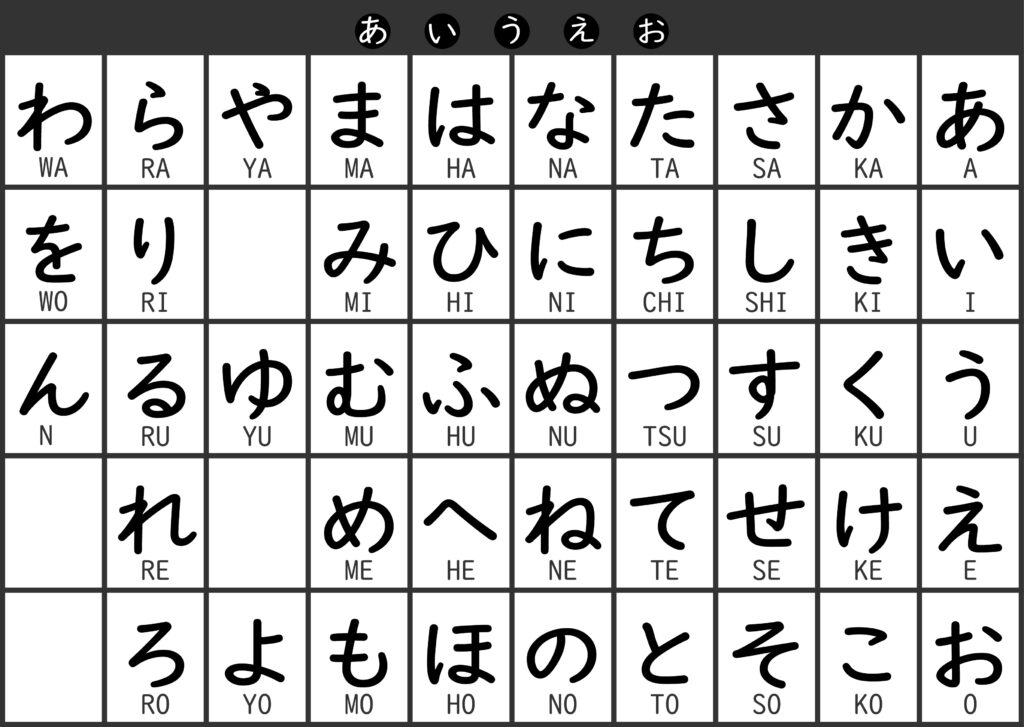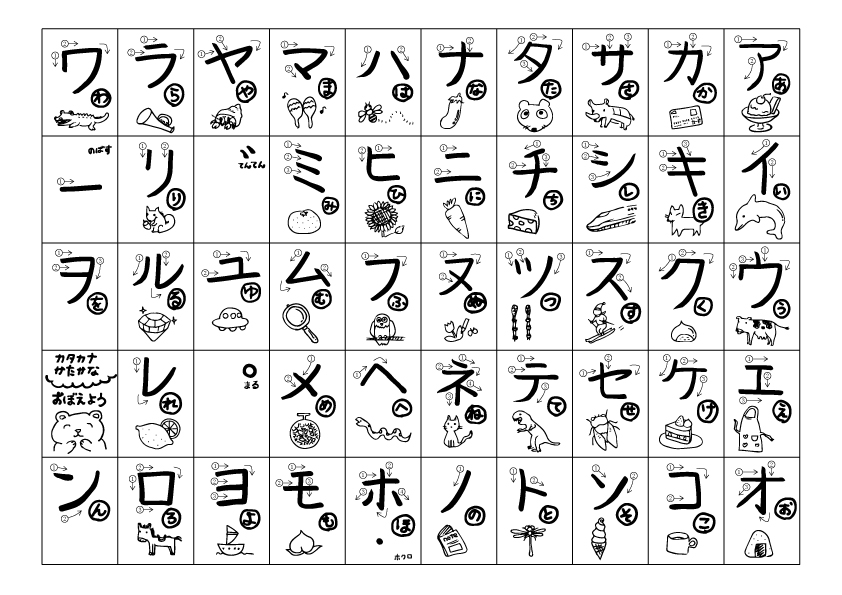Introduction
Spelling mistakes can significantly impact how others perceive us. The more mistakes we make, the less trustworthy we appear. For instance, frequent errors in important documents like university application forms can make others question, “Can I really trust this person?”
Although the internet makes it easy to verify spellings, there are many situations—such as exams or real-time meetings—where quick checks aren’t possible.
In my opinion, spelling errors are closely tied to one’s ability to pay attention to small details. In Japan, where precision and thorough feedback are highly valued in the workplace, honing this skill is especially important.
Why Do We Make Spelling Mistakes?
Here are three common causes of spelling errors:
1. Incorrect Learning
When our learning methods are flawed, mistakes become inevitable. For example, careless memorization or insufficient practice can lead to confusion between similar spellings.
2. Careless Mistakes
These occur when our focus is divided. Rushing during exams or writing while distracted often results in avoidable errors.
3. Dysgraphia (A Learning Disability)
Dysgraphia, which stems from neurological differences, can make spelling especially challenging. In such cases, specialized support may be necessary rather than simple practice.
Spelling in English vs. Japanese
Let’s compare the structure of English and Japanese writing systems:
English
English uses 26 letters, each in uppercase and lowercase, for a total of 52 characters.
Japanese
Japanese learners must master three writing systems:
- Hiragana: 46 characters
- Katakana: 46 characters (similar to uppercase/lowercase pairs in English)
- Kanji: 2,136 commonly used characters (known as “Jouyou Kanji, 常用漢字”)
The image on the left shows Hiragana(ひらがな), while the one on the right shows Katakana(カタカナ).


The number of kanji learned increases with age. Here’s the breakdown:
- 7 years old (Grade 1): 80 characters
- 8 years old (Grade 2): 160 characters
- 9 years old (Grade 3): 200 characters
- 10 years old (Grade 4): 202 characters
- 11 years old (Grade 5): 193 characters
- 12 years old (Grade 6): 191 characters
Students continue learning kanji through elementary school, junior high, and high school, which involves extensive memorization.
Why Do We Forget Spelling?
From observing Japanese children, I’ve realized that many “mistakes” are due to not remembering the correct spelling in the first place. Here are three reasons why:
1. Lack of Practice
When students don’t write enough, they fail to internalize spelling. They might prematurely assume they’ve “memorized” a word and stop practicing.
2. Lack of Repetition
Memory retention requires spaced repetition. Without revisiting words over time, students are more likely to forget.
3. Ignoring Meaning
Rote memorization without understanding leads to shallow learning. For instance, the Japanese kanji “鳴” (“to chirp”) can be remembered by breaking it into parts: “mouth” (“kuchi, 口”) and “bird” (“tori, 鳥”). Similarly, understanding suffixes like “-able” in “acceptable” and “reasonable” aids in memorization.
Solutions to Prevent Spelling Mistakes
1. Write More
Practice writing words frequently. Ensure focus while writing—mindless copying doesn’t help. For children under 10, adult supervision and guidance are crucial.
2. Focus on Meaning
When learning new words, always connect them to their meaning. For example, knowing that “-able” means “can be” makes words like “acceptable” easier to remember.
3. Use Repetition
Review previously practiced words. Check if you can write words you learned three days or a week ago. If not, repeat the practice until they stick.
4. Write Neatly
Sloppy handwriting can lead to errors. Encourage neatness to reinforce correct spelling.
5. Concentrate While Writing
Avoid distractions and give your full attention to writing during exams or other tasks.
Conclusion
Mistakes are natural, but minimizing them is crucial, especially for children. Proper training during childhood ensures fewer mistakes in adulthood, fostering trust and reliability in both academic and professional settings.
By making small, consistent efforts to avoid spelling errors, life becomes smoother and more rewarding. I hope these tips help you in your journey toward error-free writing!
